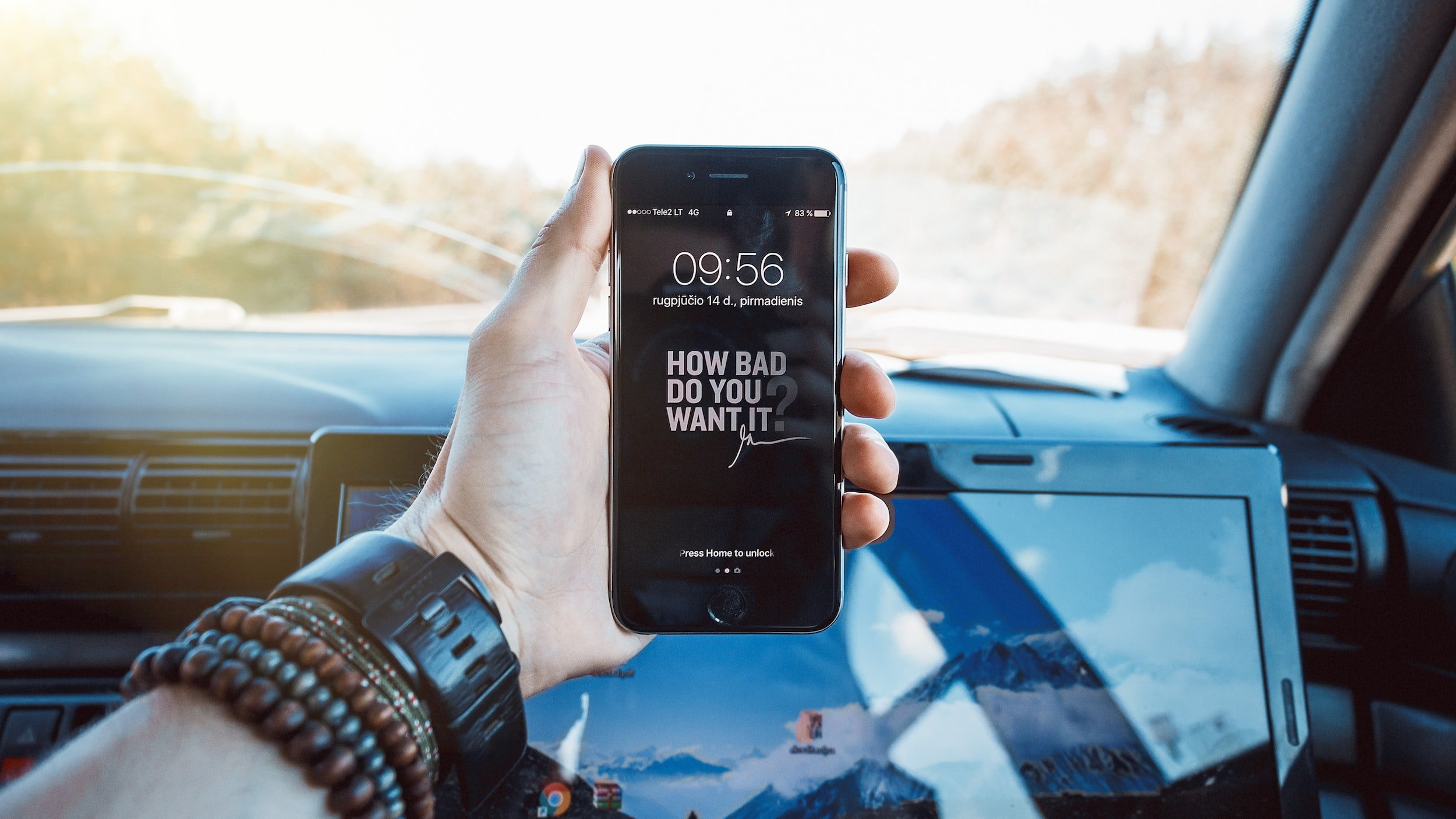How to Build Confidence As A Musician Or Artist (8 strategies)
Looking to grow a creative brand online can be a challenge. It’s personal and we can oftentimes be our own worst critic. So let’s silence those voices in our head and learn how to build confidence as a musician (or artist).
We have so many opportunities to realize our artistic visions nowadays. There truly are no gatekeepers.
But this doesn’t mean it’s easy. We still need to work hard…and we definitely need to wear a few more hats than ever before.
I mean, we’re not just creating the dang thing – we need to distribute it, market it, manage our brand…and so on. Still, you can become a musician completely on your own terms.
Besides appeasing the occasional algorithm or two, or bowing for the SEO gods and goddesses that be, we can really do whatever the f we want.
Sweet. Love it.
But we need the creative confidence to take that plunge – day in and day out.
So let’s wrap up this chit chat and learn how.
Hey Brain, Why All the Confidence Woes?
Knowing your enemy and the cause of your confidence issues is a great first step to fixing it.
I think many of us – no matter what we’re doing in life – are afraid that we’re not quite up to snuff, or we’re going to eventually be “found out” as a fraud.
Welcome to imposter syndrome. The phenomenon that everyone and no one talks about. The thing I mostly blame our confidence issues on.
At the risk of sounding overly reductionist, there are of course other sources and causes for confidence issues. But I think one of the big ones is feeling like you’re not good enough.
Feeling like you haven’t learned enough, or your experience isn’t enough. Feeling like everyone else is better, and you don’t belong.
Feeling like an imposter.
So let’s recognize this monster and squash it out of our lives. Whenever you get those wavering confidence feelings – push them aside.
Recognize they’re all in your head and everyone is probably too busy stressing about themselves anyway.
How to Build Musical + Artistic Confidence: 8 Things That Work for Me
The strategies below are the things that have worked for me (and continue to work for me).
They’re based on personal experience and research into the psychology of what works (and what doesn’t).
But of course, at the end of the day, we’re all individual. So some of these ideas may resonate more than others. But I’m confident if you try these, you’ll find they work pretty well.
(And of course, if you have any extras, let me know in the comments – I’d love to hear them!)
1. Be Honest: What Are Your Strengths + Weaknesses?
Remembering (or realizing) our strengths can really boost our confidence. Because, sometimes we forget, or just never consider it.
Similarly, identifying our weaknesses and bottlenecks can give us clear direction on what to work on, which will eventually strengthen our skills and in turn, boost our confidence.
In fact, listing and addressing my weak points has been a huge game changer for me.
It sounds obvious I know – but I definitely brushed things under the rug. These things usually manifested in a lack of confidence.
So what are you good at? What needs work? It can help to list things out by doing a SWOT analysis (a what?). Basically, this means identifying your:
Strengths
Weaknesses
Opportunities
Threats
It’s used often by businesses and entrepreneurs and can reveal insightful things about ourselves and our niche.
So try it out, and see how this can help boost your musical confidence.
2. Social Media Detox
It’s been said, but it bears repeating – comparison is the enemy to creativity and artistic confidence!
I mean, why do we do this to ourselves? We know it’s unhealthy and that the curated feeds we’re fed are not likely to be realistic depictions of life.
We know that comparing skills to anyone else’s is just a recipe for…I don’t know…something sucky…like ketchup pie or milk steak.
So, a little detox can go a long way.
Of course, having a healthy relationship with “comparison” is helpful. We can use other musicians as powerful sources of inspiration.
But first we need to take care of our confidence. So try using less social media for a little while. And just focus on your own improvements and awesomeness.
3. Create A Workflow + Timebox That Jazz
Having a music workflow is super helpful.
Essentially, this will help you organize your tasks, strengthen your weaknesses, track your progress and visualize your music process.
It’s a living strategy and changes often, as you also grow and change as an artist.
For me, I like to first think critically about my songwriting process. What tasks need to be done and what order makes the most sense for me?
What are my bottlenecks and the common causes of distraction?
What are the daily tasks that can be reasonably completed?
From here, I timebox my workflow. That is, I make a daily schedule and stick to it. I treat it like a job.
Over time, this will fine tune your practicing, improve your music skills and you’ll boost your confidence.
4. Stress Test Yourself: The Zone of Proximal Development
Working in the zone of proximal development means working just outside of your current skill set. The result? You improve and get better.
It’s a subtle but effective way to skill build and can foster confidence.
When you consciously know that you’re improving your skills, you can rest easier and feel more confident that you’re doing what you need to be doing.
When we get complacent however, that’s when our subconscious kicks in and says hey, I know we can do more. This can impact our confidence.
So stress test your skills until you reach a wall. It could be playing speed, singing range or a particular technique.
5. Use the Protégé Effect
When I say protégé effect, I’m really talking about teaching. Or rather, the result of teaching.
The protégé effect is a phenomenon that happens where by teaching, you become more knowledgeable, skillful and confident.
Obviously, you’ll want to teach someone who knows less than you.
But the idea is a pretty effective one. I’ve tried it myself multiple times, and I’m always surprised at how much more confident I am after.
6. Zoom Out
Perspective always helps. It’s easy to get lost in the short term. We forget how far we’ve actually come over the years.
So zoom out, and reassess those doubts.
Obviously, it helps if you have some tangible evidence (such as old recordings), but you can also start tracking things now.
This is especially helpful if you’ve tried the first strategy, because you’ll have a list of things you want to get better at. So now you’ll just want to track your progress.
Stay patient and stick to a focused practice schedule, and I can all but guarantee that you’ll be better than when you started.
The result? Usually, more confidence.
7. Identify Your Why
Know your Why. Know your purpose and goals.
Having a clear picture of your mission can really help with motivation and inspiration. And these things can all tie in to more musical confidence.
So why are you a musician? What are your goals and what is your purpose?
Some of these questions are obvious – some deeper.
But attaching your creative brand and goals to larger goals – you know, the macro – can help get us over ourselves.
It takes the focus away from our anxieties and confidences woes, and shifts things to more important, often selfless things.
For example, what value can you bring to your audience? How can you turn your music into a larger purpose?
8. Mental Practice, Visualize + Rehearse
Let’s round off this post with a more conceptual strategy: visualization and mental practice.
Actually, mental practice has been shown in various experiments to have a real, tangible impact on skills.
There’s some evidence that strongly focusing and visualizing on your improvement (or confidence) actually creates new neural pathways and muscle memories.
Athletes use this a lot also. I used to mental practice snowboarding all the time. It works.
And while it can sound a bit woo-woo, there’s also some hard science to back up some of these things. Namely, quantum physics.
I won’t get too deep into this subject (I mean, I’m just a modest artist blogger musician traveler person), but essentially our universe and all matter is dictated by energy.
And our thoughts actually carry energy in our bodies, affecting our inner chemistry, experiences and even our abilities to do certain things.
Mental practice. Crazy, right?
Want More? Check Out These Sweet Reads!




